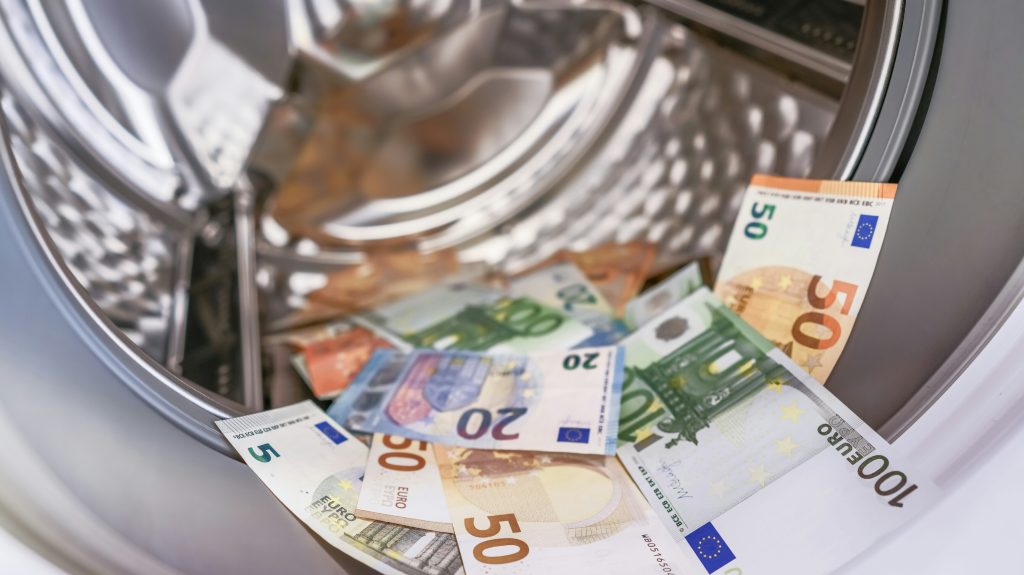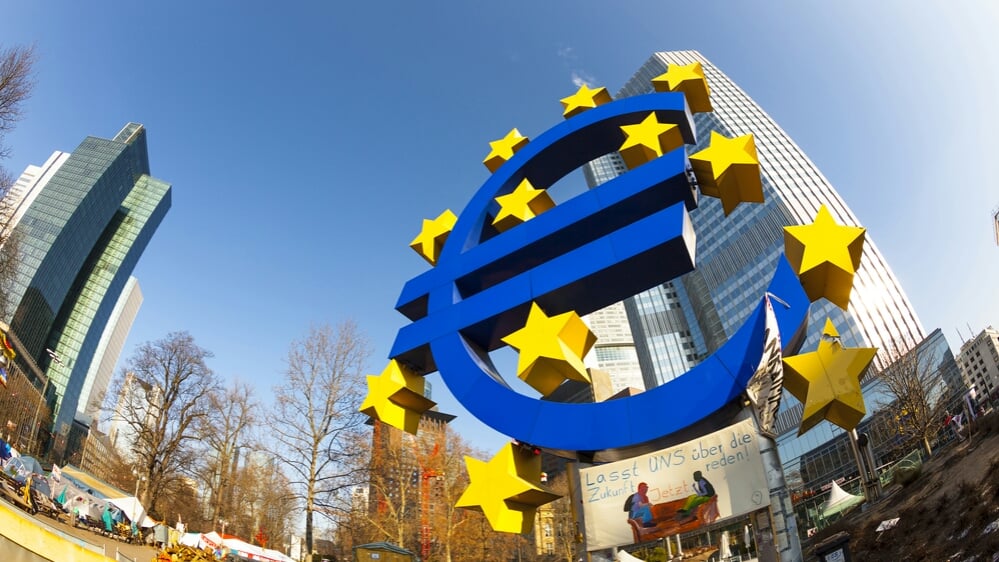
Finnish public broadcaster YLE will air a damning program on March 4 that reveals Nordea Bank’s alleged involvement in a multi-million-dollar money laundering scheme. The program will show how dirty money, mostly from Russian criminals, passed through Nordea, the biggest lender in the Nordic region.
Also read: Startup Company Sets Up Bitcoin ATM in Botswana
YLE to Broadcast ‘Big Information Leak’ on Money Laundering
Nordic financial authorities indicated in October that they had received documents from Bill Browder’s Hermitage Capital Management alleging Nordea had breached anti-money laundering laws.
YLE has now said on its website it will broadcast a program on Monday afternoon revealing how Nordea allegedly became a conduit of hundreds of millions of euros of mostly dirty Russian money. Nordea’s chief executive officer Casper von Koskull will also participate in another YLE program covering money laundering late Monday night.

Shares of Nordea tumbled 6.5 percent on the news, as fretful investors sold off their stake in banks thought to be connected to the scandal. According to a Bloomberg report, the bank has said it “is aware of the media story and has been in dialogue” with YLE and the Danish newspaper Berlingske, which also intends to publish the laundering report later on March 4. A spokesperson for Nordea told the agency:
We have not yet seen the program or article. Based on what we have been invited to comment on, these are all issues that we have seen and commented on before and are therefore in line with previous statements made on AML issues.
Europe’s Biggest Banks Hubs for Illicit Financial Flows
The latest report, which comes at a time when Nordea’s Nordic contemporaries such as Swedbank and Danske Bank have both faced allegations relating to a money-laundering scandal in Estonia, adds weight to the theory that banks are at the forefront of fueling illicit financial flows. Although various analysts have blamed cryptocurrencies for driving money-laundering, terrorism and other crimes, due to their semi-anonymous nature, research has shown that most financial institutions in developed countries are – in one way or another – involved in money-laundering.
News.Bitcoin.com reported last mont that Switzerland’s largest bank, UBS, was fined 3.7 billion euros ($4.2 billion) for money laundering, while Denmark’s largest bank was forced to terminate its operations in Estonia following the unearthing of a $226 billion scandal. In October, anti-money laundering experts Fortytwo Data released a survey which revealed that almost all of Europe’s biggest banks have been sanctioned for money laundering offences over the past decade.
The research firm established that at least 18 of the 20 biggest banks in Europe, including five UK institutions, were slapped with various multi-million dollar fines for violations relating to money laundering. All 10 of Europe’s biggest banks, including HSBC, Barclays, BNP Paribas, Société Générale and Santander have fallen foul of anti-money laundering authorities, while recent crises at the likes of ING, Danske Bank and Deutsche Bank “only reinforce this impression, demonstrating how no bank is immune to money laundering sanctions, no matter how large,” said Fortytwo Data.

A report in the New York Times recently noted that French banking giant BNP Paribas in 2014 pleaded guilty and paid a $8.9 billion fine for processing billions of dollars’ worth of transactions for companies in countries under United States economic sanctions. Federal prosecutors said BNP Paribas had “banked on never being held to account for its criminal support of countries and entities engaged in acts of terrorism and other atrocities.”
Two years earlier, HSBC consented to a deferred prosecution settlement with the U.S. Justice Department and forfeited $1.3 billion for failing to maintain controls that would have prevented drug dealers from laundering hundreds of millions of dollars. Although cryptocurrencies, which can be used as money without the backing of any central bank, have had their share of scandals, the malfeasance they are embroiled in is minuscule compared to traditional banks.
What do you think about banks being involved in money laundering? Let us know in the comments section below.
Images courtesy of Shutterstock.
Express yourself freely at Bitcoin.com’s user forums. We don’t censor on political grounds. Check forum.Bitcoin.com
The post Nordea Bank Faces Allegations of Laundering Russian Millions appeared first on Bitcoin News.

Bitcoin.com is author of this content, TheBitcoinNews.com is is not responsible for the content of external sites.
Our Social Networks: Facebook Instagram Pinterest Reddit Telegram Twitter Youtube










